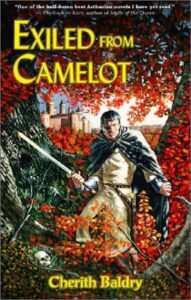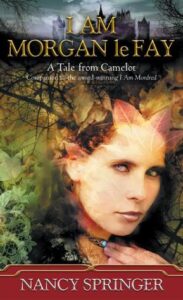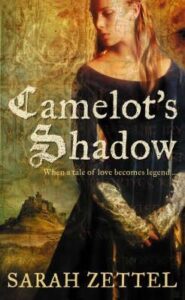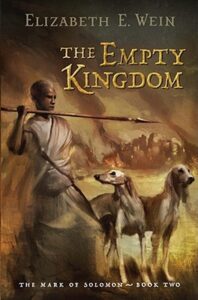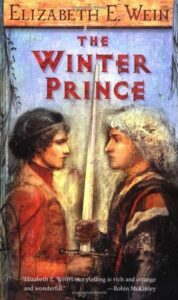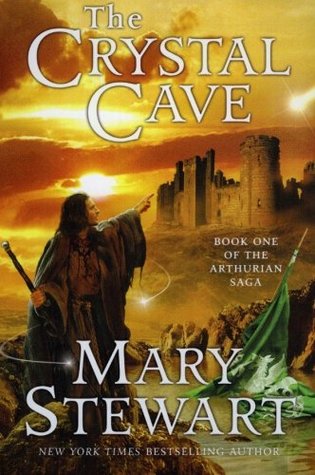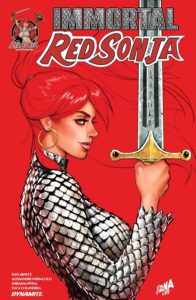
Immortal Red Sonja
by Dan Abnett, Alessandro Miracolo, Emiliana Pinna, Luca Colandrea
Genres: Arthuriana, Fantasy, Graphic NovelsPages: 136
Series: Immortal Red Sonja #1
Rating:

Synopsis:Sonja...as you have never witnessed!
It is a time of British legend! A young Red Sonja, cursed by mysterious chainmail, seeks counsel with the mysterious MERLIN. She seeks to be rid of her curse, in order to forge a future of fantasy and adventure! She will be pursued by the loathsome GREEN KNIGHT, and if she survives and arrives at the Castle Of Merlin, what she finds would be infinitely more than she bargained for.
Dan Abnett’s Immortal Red Sonja grabbed my attention because it draws Red Sonja into Arthurian myth — might as well wave a red flag in front of a bull!
I try to approach this kind of thing with an open mind: the Arthurian legends have been embroidered and adapted and changed and cut to a new size so many times, that’s part of how they work. There’s no one source to be faithful to. I do have certain feelings about the long-ago and highly successful appropriation of Arthur stories from the Welsh, rewriting him to be a rather English king… but that’s not Abnett’s fault.
So I’m not going to complain that it was “inaccurate” about Arthurian myth, though I did find the choices interesting in light of the general trend of how people perceive and portray Arthur. I’m also not going to complain about the fact that Sonja spent the whole volume rather more clothed than usual, thanks to the cursed mail shirt which harbours the spirit of Arthur. I thought it adapted some of the stories and tropes of Arthurian myth interestingly, and I’m very curious how the thing with Bertilak plays out for Red Sonja.
I can’t seem to easily get my hands on the rest of the story, but I’d read it if it came my way.
Rating: 3/5

